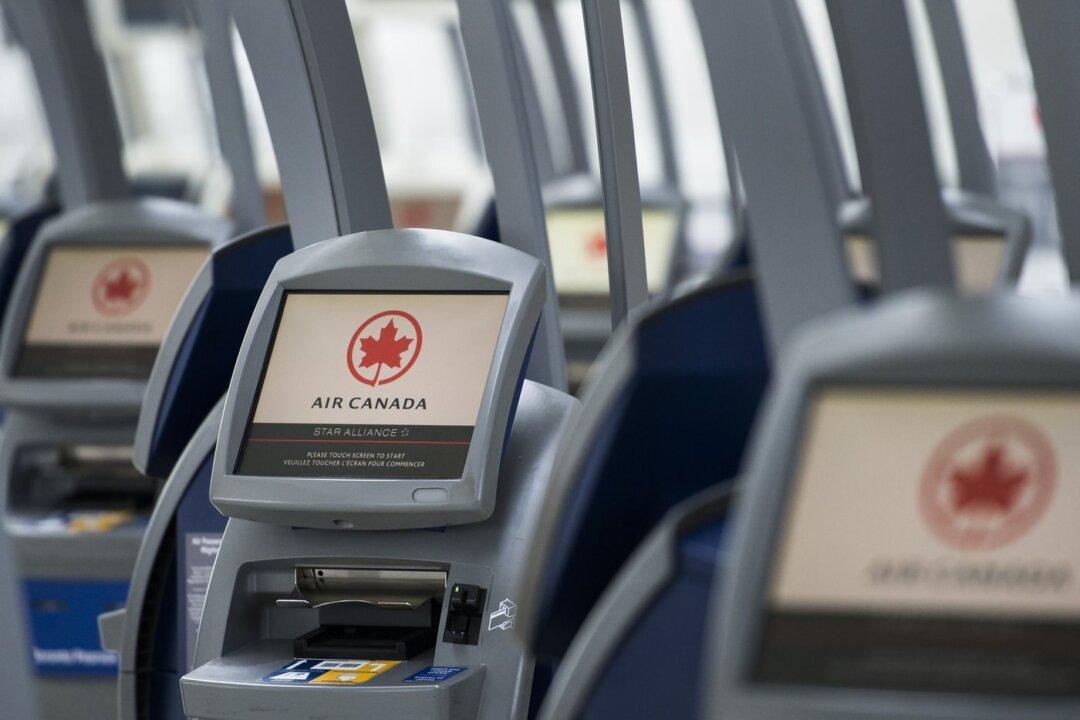Air Canada posted quarterly earnings that soared to pre-pandemic levels amid high travel demand and pricier fares, and despite tens of thousands of flight delays.
The country’s largest airline roared back to profitability after nearly $1 billion in losses for all of 2022. It posted net income of $838 million in the quarter ended June 30 compared with a loss of $386 million in the same period a year earlier.





